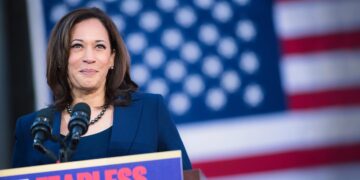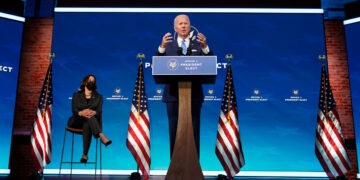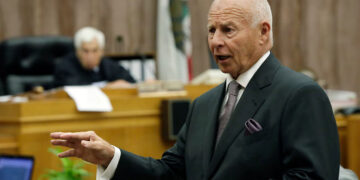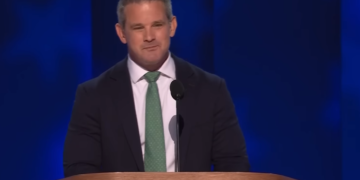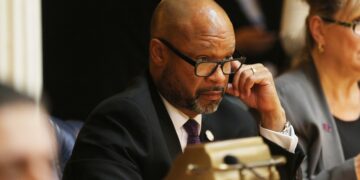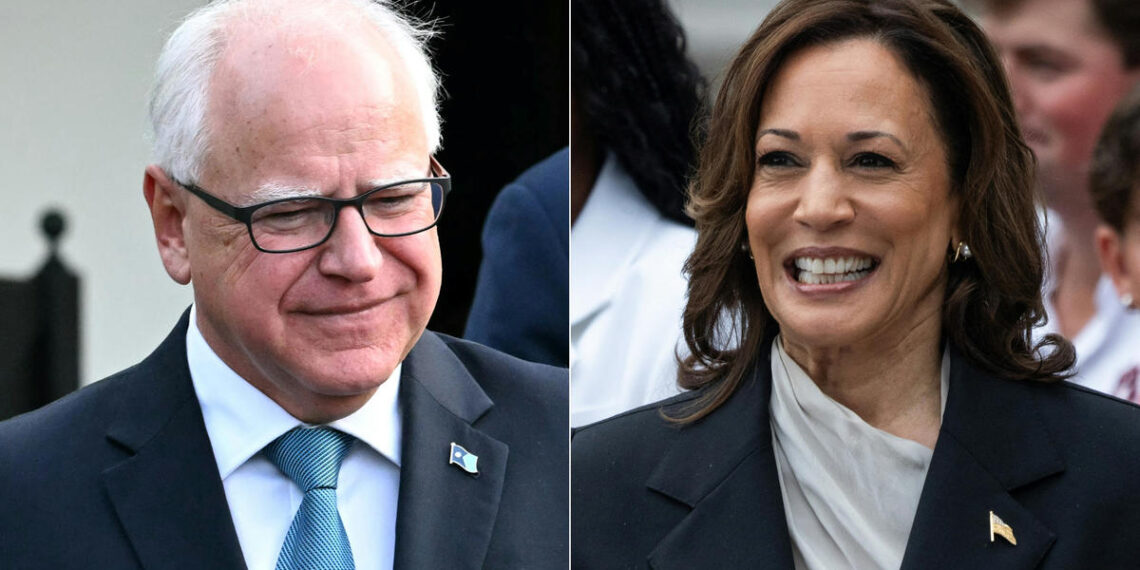In a surprising political maneuver, Vice President Kamala Harris announced Minnesota Governor Tim Walz as her running mate for the upcoming November election. This decision, coming with less than 100 days until Election Day, has brought the relatively lesser-known Walz into the national spotlight.
The news, first broken by CNN and quickly corroborated by the Associated Press, highlights Harris’s strategic aim to bolster her appeal in key battleground states. Walz, who was competing against prominent figures like Transportation Secretary Pete Buttigieg and Pennsylvania Governor Josh Shapiro, brings a unique set of attributes to the campaign.
Who is Tim Walz?
Tim Walz, 60, is the current governor of Minnesota and a former congressman. Before his political career, Walz served in the Army National Guard for 24 years, coached high school football, and taught social studies. Elected as governor in 2018, Walz has a progressive track record, having signed legislation on various social issues, including legalizing recreational marijuana, tightening gun laws, and making abortion a “fundamental right.”
A Progressive with Midwestern Roots
Initially presenting himself as a moderate, Walz has progressively embraced more liberal policies. His tenure as governor has seen significant legislative changes, including allowing illegal migrants to obtain driver’s licenses and restoring voting rights to over 55,000 formerly incarcerated individuals. Despite these achievements, Walz’s governorship is also marked by controversy, notably during the violent George Floyd riots and his stringent COVID-19 restrictions.
Appeal to Midwestern Voters
Walz’s selection is a calculated effort to appeal to voters in the Midwest, particularly in swing states like Wisconsin and Michigan. His “folksy” manner, casual dress, and small-town background are seen as assets in connecting with skeptical midwesterners. This contrasts with Harris’s coastal, progressive image, creating a balanced ticket aimed at broadening the Democratic base.
Facing Republican Criticism
Republicans have not shied away from criticizing Walz. During his time as governor, he faced backlash for his handling of the George Floyd riots, the economic impact of his COVID-19 restrictions, and the resulting state nursing home deaths. Additionally, his relationship with Republican legislators has been strained, further polarizing opinions about his leadership.
Looking Forward
With Walz as her running mate, Harris aims to solidify her campaign and make significant inroads in crucial battleground states. His experience and appeal to Midwestern voters could be pivotal in a tightly contested election. As both campaigns ramp up, the Harris-Walz ticket will need to address past controversies and present a unified vision to win over undecided voters.
In conclusion, the Harris-Walz partnership represents a strategic alignment aimed at enhancing the Democratic appeal in the Midwest. As the election nears, their ability to connect with a diverse electorate and address key issues will be critical in determining their success.


